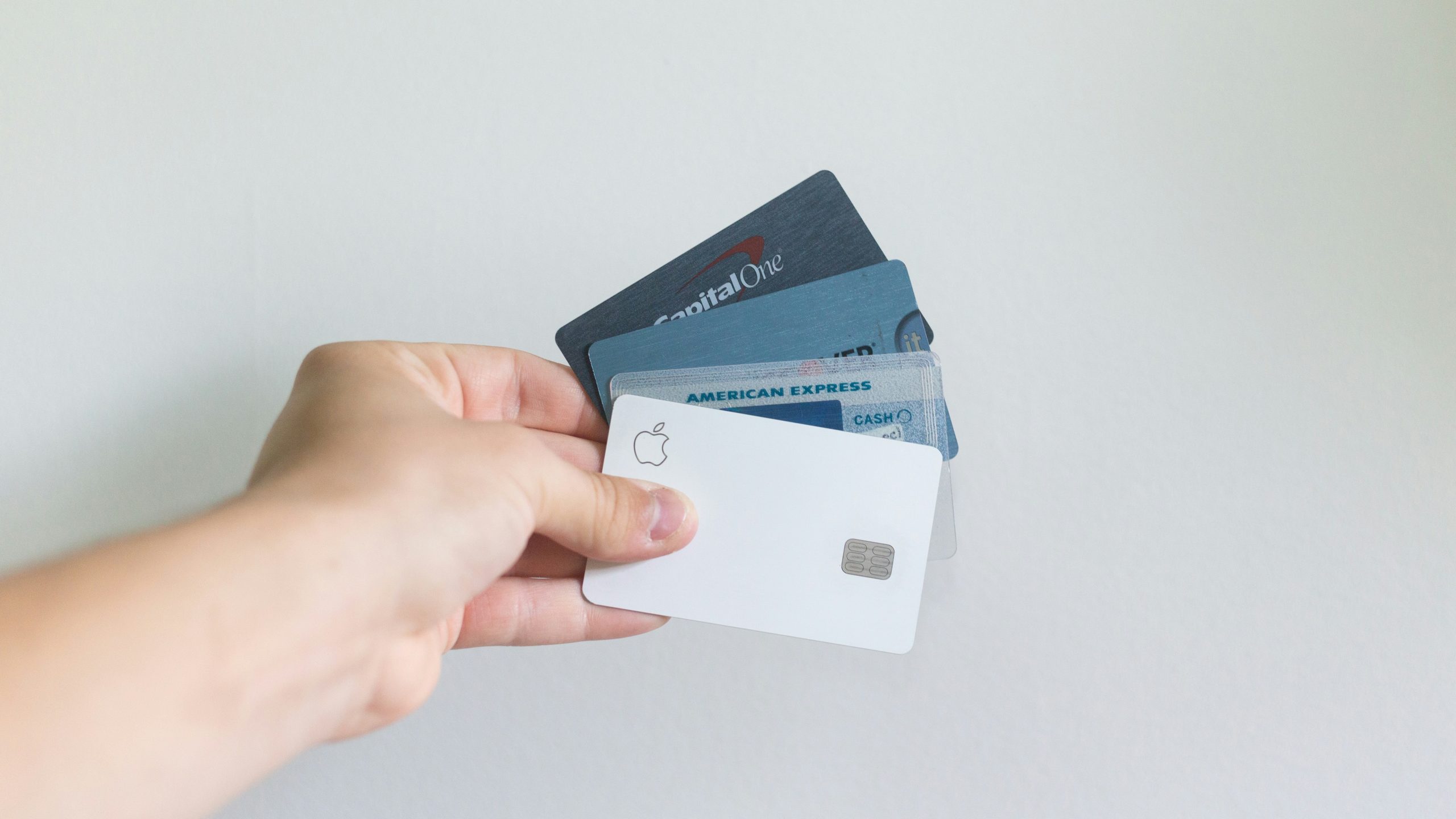Unravel the Clinical Trial Mystery with These Exclusive Tips

Redefine your limits by mastering clinical trials! Today, we’re diving headfirst into the exhilarating universe of clinical trials. Don’t be intimidated; we’re your trusty companions on this thrilling adventure, ready to unveil mind-blowing secrets and equip you with expert tips to conquer the clinical trial maze with unparalleled confidence and ease. Say goodbye to uncertainty and hello to empowerment!
Mastering the Fundamentals
Before we plunge into the intricacies, let’s lay down the foundation by understanding what a clinical trial truly entails. At its core, it’s a research study conducted in people, aimed at evaluating a medical, surgical, or behavioral intervention. These trials serve as the primary avenue for researchers to determine the safety and effectiveness of new treatments, be it a groundbreaking drug, dietary regimen, or medical device.
Now that we’ve established this crucial groundwork, let’s journey forth to decode the various phases of a clinical trial.
Decoding the Phases
Clinical trials unfold in a series of phases, each meticulously designed to answer distinct research questions. Typically, there are four phases (Phase I, II, III, and IV). Understanding these phases grants you a compass to navigate the voyage ahead.
Phase I delves into safety and dosage, Phase II scrutinizes efficacy and potential side effects, Phase III focuses on efficacy and closely monitors adverse reactions, while Phase IV unfolds post-marketing of the treatment.You should recognize these phases as your roadmap.
The Importance of Informed Consent
Among the most pivotal aspects of a clinical trial is the concept of informed consent. This process ensures that you gain a comprehensive understanding of the trial before deciding to participate. It’s not just a one-time interaction but an ongoing dialogue throughout the study, empowering you with information at every step.
Doctors and nurses involved in the trial meticulously explain its details. If you understand and agree to participate, you’ll be asked to sign an informed consent form, cementing your role as an informed and willing participant.
Eligibility Criteria: Are You a Fit?
Participation in clinical trials isn’t a universal fit; each study has specific eligibility criteria. These criteria encompass factors such as age, gender, disease type and stage, prior treatment history, and other medical conditions.
It’s essential to grasp that these criteria aren’t meant for personal exclusion but to ensure participant safety and research integrity, guaranteeing that the study can effectively address its intended questions.
The Role of a Control Group
In clinical trials, a control group serves as a benchmark for comparison with the treatment group. Control groups may receive a placebo, an existing treatment, or no treatment at all.
Understanding the purpose of a control group allows you to interpret trial results more effectively and discern their implications for you.
Risks and Benefits: The Balancing Act
Every journey has its rewards and challenges, and clinical trials are no different. Participation offers potential benefits, such as early access to groundbreaking treatments, active involvement in your healthcare, and contributing to medical progress.
Nevertheless, potential risks exist, including side effects from the experimental treatment, ineffectiveness for your condition, and the possibility of a more demanding protocol. These aspects necessitate consideration. Weigh them carefully.
The Power of Questions
Never underestimate the power of asking questions. When contemplating participation, engage in open discussions with the healthcare professionals overseeing the trial. Inquire about the trial’s objectives, procedures, potential advantages and disadvantages, and your rights as a participant.
Knowledge is indeed power, and the more you comprehend, the more empowered your decisions become.
After the Trial: What Next?
Upon trial completion, researchers meticulously analyze the amassed data. These findings, once deemed medically significant, may find their way into medical journals. It’s pivotal to bear in mind that participation in a clinical trial remains entirely voluntary, and you retain the prerogative to withdraw at any point.
Embracing the Journey
Lastly, savor the journey itself. Participating in a clinical trial represents a potent experience brimming with opportunities for learning and growth. It’s a unique chance to contribute to the advancement of medical science while potentially enhancing your own health.
With the right knowledge and mindset, you can embark on the clinical trial voyage with unwavering confidence and grace. Remember, you’re not alone in this expedition; consider us your trusted guides, here to support and steer you through every twist and turn. Embrace the path ahead; it holds the promise of transformation and discovery.






